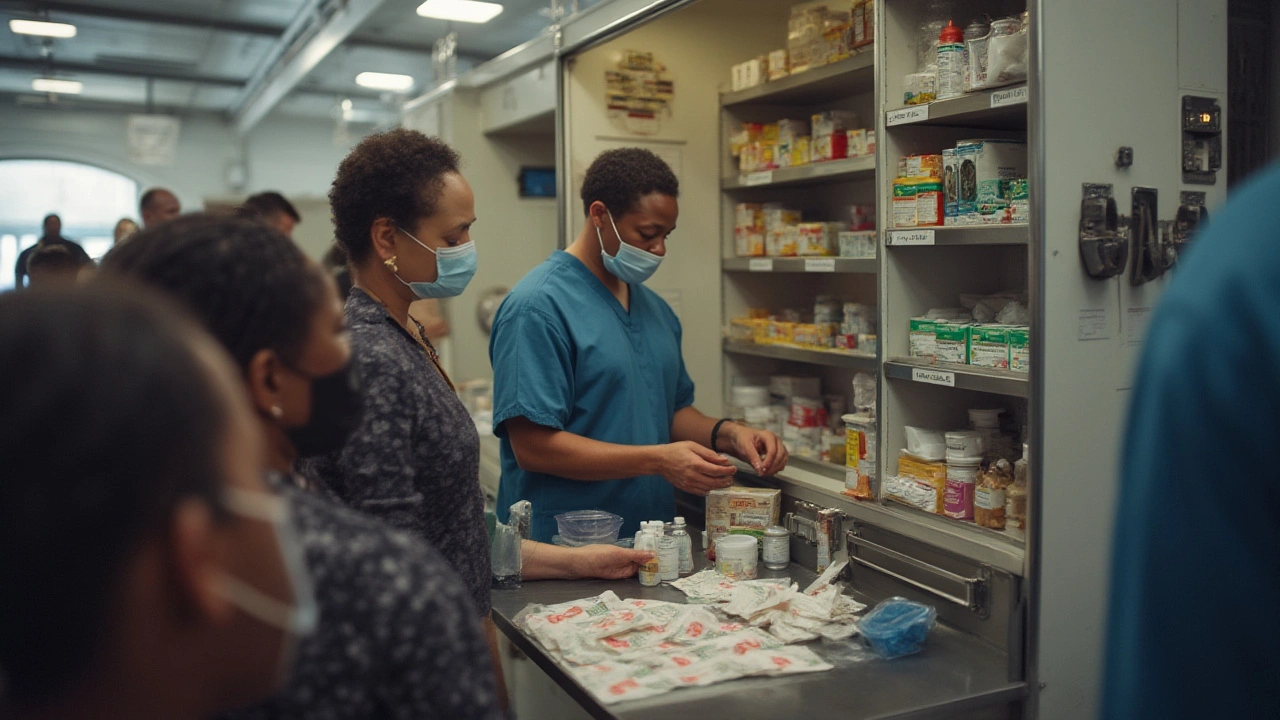Disaster Preparedness: How to Be Ready When It Counts
Disasters can strike without warning, so being prepared is key. Whether it's a natural event like a storm or an unexpected emergency, knowing what to do makes all the difference. First up, let's talk about creating an emergency plan. Talk with your family about how you'll communicate and where to meet if disaster hits. Keeping everyone on the same page helps reduce panic and confusion.
Next, assembling a solid emergency kit is a must. Think about the basics: water, food, first aid supplies, flashlights, and batteries. Don't overlook any medications or important documents. Tailor your kit for your family's needs and store it somewhere accessible. It's not about having everything, but having the essentials ready to grab at a moment's notice.
Smart Tips for Staying Safe During Different Disasters
Different disasters call for different actions. For instance, if you're in an area prone to earthquakes, learning how to “drop, cover, and hold on” can save you from injury. When storms are likely, securing outdoor objects and knowing your evacuation routes is vital. It’s helpful to stay updated via reliable news or weather apps to get the earliest alerts.
Also, practicing your plan is just as important as making it. Run through drills regularly so that everyone knows their roles and feels confident. Remember, simple steps like turning off gas or unplugging appliances can prevent bigger problems afterward. Finally, don’t forget mental preparedness—staying calm helps you think clearly and act quickly when it matters most.
What to Include in Your First Aid Kit for Emergencies
Choosing the right first aid kit can be tricky, especially for travel or home. Start with basics like adhesive bandages, antiseptic wipes, gauze, and pain relievers. Depending on your situation, include items like allergy medication or a thermal blanket. Updating your kit regularly ensures nothing expires or goes missing.
Keep your first aid supplies organized and know how to use them. Taking a basic first aid course could be a lifesaver. Plus, understanding when to get professional medical help means you won’t waste time during critical moments. Being prepared doesn’t have to be overwhelming—it just takes a bit of planning and a few smart choices.
Pharmaceuticals for Emergencies: Essential Medicines and Strategies You Need to Know
Discover how pharmaceuticals can save lives in emergencies. Find out which medicines matter most, how they're managed, and tips for disaster readiness.

